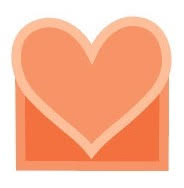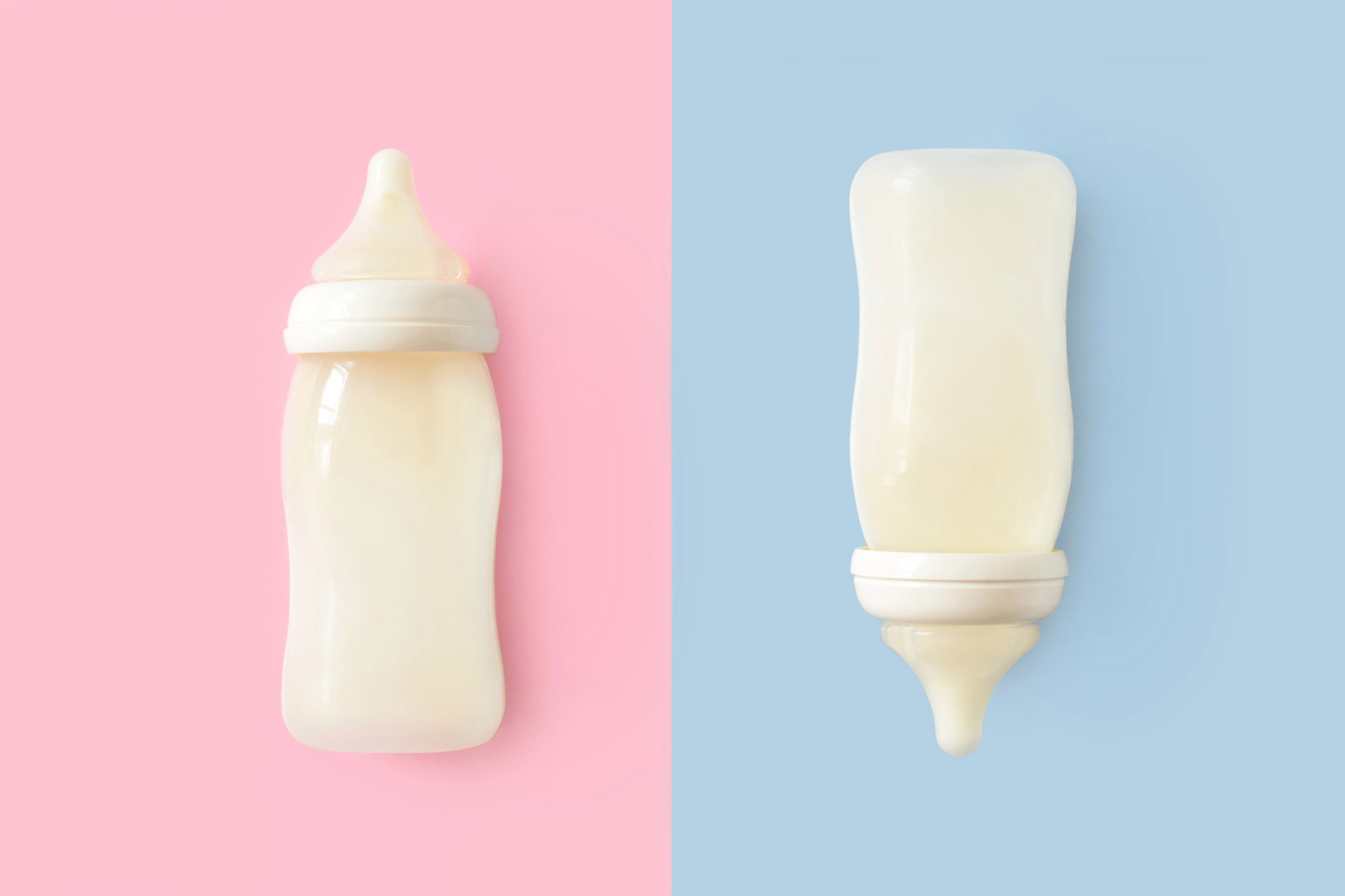Kiki and I bonded immediately when we realized we were both pregnant (nearly 14 weeks along) with our first babies, and even better, we worked on the same floor of a WeWork in Washington, D.C. This solidified our new friendship status immediately. Bump Buddies. What began as occasional lunchtime walks evolved into daily info–and snack–sharing, texts, updates and finally, we met each other’s families. Sadly for me, Kiki moved back to LA at around week 32 so we had the last two months to commiserate by distance. But, our foundation was strong and as the summer months dragged on, our bellies grew and our mobility became restricted. Finally, it was September. Due dates came and went, we spent hours asking “what happens now?” and wondering why doesn’t anyone tell you what happens after you’re a watermelon (the 40-week final fruit size comparison on all the apps and websites)?
All we could do it wait. We had everything set-up. With nearly matching baby registries, we had everything we could possibly need for our little girls. NoseFrida Aspirator? Got it. Diapers, onesies for years? Check. Bath supplies, beach hats, first-aid kits, we had everything.
Finally, our days came. Naturally, we were both in the hospital on the same days. Kiki gave birth on Sept 11, and I gave birth on Sept. 13. We both had uncomplicated deliveries to beautiful baby girls. But, we both left our respective hospitals with more than just a new bundle of joy. One with a catheter strapped to her leg and one with a UTI. Turns out, both very common. Who knew?
And that was just the beginning of the things we didn’t know, not to mention the baby-related lessons we were learning along the way. What was most surprising was how unaware we were of what our bodies would be experiencing in the first couple of days home from the hospital. You wouldn’t have knee surgery and then come home to a house without anything in place for your first aid, comfort, and cleanliness.
Until recently, most new Moms don’t have an opportunity to see their OB/GYN until six weeks after giving birth. The American College of Obstetricians and Gynecologists (ACOG) now suggests that women see their OB/GYN within three weeks of giving birth, with regular check-ins as needed before and after, along with a comprehensive visit within 12 weeks postpartum. (What to Expect When You’re Expecting) But, even then as many as 40% of women do not even see a doctor after giving birth.
Upon discharge, I was told I shouldn’t climb more than two flights of stairs a day (but, wait, I live in a rowhouse!). But, that ended up being a non-issue because I could barely walk. Also, I needed more help. The nights and days were long and confusing. The one thing everyone told us was: “Steal everything you can from the hospital.” But, that was it. And, we did. But we needed more. We needed more of those big mesh underwear, the huge pads, another squirt bottle and help with nursing! More more more. Most of the items aren’t available on Amazon Prime or in CVS unless I want to buy them in bulk (no, thank you!).
Kiki and I were back to our FaceTime chats and we decided right then, we have to do something about this. We started doing research and realized we were not alone. Every day, 4,000 women give birth, and of these women, 77% of them say pain interfered with their routine actives in the first two months after giving birth. And yet there’s nothing readily available to help them all heal, all while being exhausted and taking care of a newborn. It has to be easier.
That’s when the idea for Mor for Moms was born. Mor because of our Scandinavian backgrounds and the need for more. And Moms, well, because almost everything else is for the baby. But we couldn’t ignore the reality that we had everything we could have possibly needed at our fingertips – imagine the moms who don’t have that privilege. Moms who don’t have maternity leave, doting partners or access to healthcare. We also know that there’s a maternal healthcare crisis in America and we can’t ignore that the maternal mortality rate is the highest for women of color and in Washington D.C. How is this possible?
For two years we gifted our friends the boxes of the eight medical supplies most helpful in healing and recovery after birth. The huge undies and pads, nipple cream, a squirt bottle and more. People started requesting them for their friends, so we established Mor for Moms as a company, and, we knew we needed to address the access issue too. So, we established a partnership with Mary’s Center, a local community health center, and we’re committed to providing every expecting Mom in their Centering Pregnancy Program with a Mor for Moms kit. Additionally, we are facilitating corporate partnerships with such companies like Snap, Inc. so that a Mor for Moms kit is available to employees as part of their employee benefits program. With more companies that sign on, the more we can scale and specialize our social impact programming. With more to come, we hope that Mor for Moms can provide just a little bit of comfort to Moms everywhere during a very confusing and shocking time.
Follow us here and subscribe here for all the latest news on how you can keep Thriving.
Stay up to date or catch-up on all our podcasts with Arianna Huffington here.


